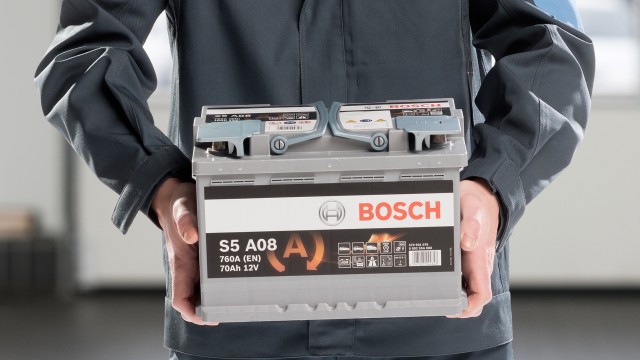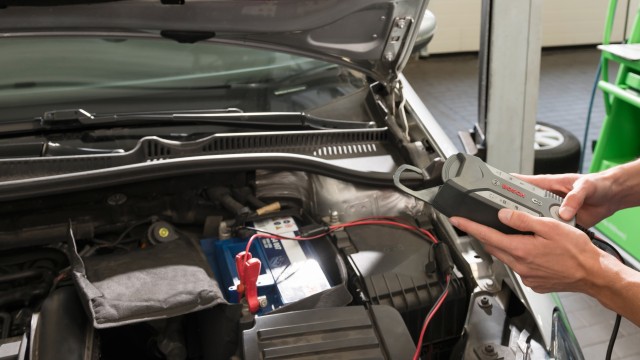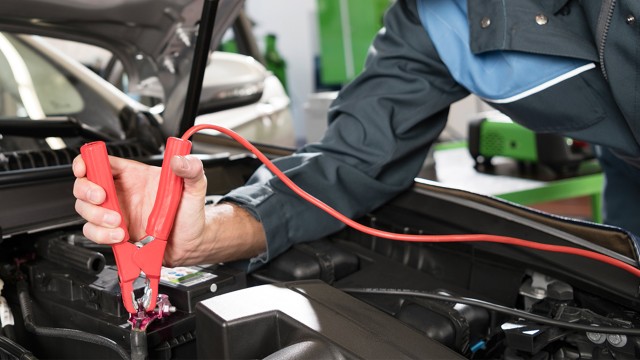Guide 01
How can you cut fuel consumption by your driving style?
Guide 01
How can you cut fuel consumption by your driving style?
Even with the simplest means you can save a lot of fuel and control the actual fuel consumption of your vehicle at the end by yourself. Here are some tips: When accelerating shift, for example, to the next higher gear as quickly as possible. Use the first gear only for starting and shift to the second soon as you reach 20 km/h, to the third at 30, and so on. Nowadays, shifting to the fifth gear at 50 km/h is hardly any problem for modern engines. In vehicles with automatic transmission, you should avoid unnecessary kick-downs and hardly or not use any existing sport modes at all. Perhaps the most important tip to save fuel: Always drive your car with foresight and always keep the road traffic in view. Moreover, always pay attention to a sufficient distance to the vehicle ahead, so that you need not constantly apply the brakes and then re-accelerate every time - only wastes fuel and annoys you.
Other useful tips for a fuel-saving driving style:
- Allow to roll down: As you approach, for example a red traffic light, only withdraw the foot off the accelerator and do not release the clutch. Thanks to the overrun fuel cut-off you do not consume a single additional drop of fuel.
- Simply switch off: If your car still does not have a start-stop system, simply turn off the engine during long red phases at traffic lights or longer waiting times at grade crossings. It's worth it for a waiting time of more than 20 seconds, and saves a lot of fuel.
- Avoid short trips: If you are constantly on short trips with your car, you not only cause increased wear of your vehicle, but also significantly increase the fuel consumption.
- Highly recommended: Bring your car to the operating temperature as quickly as possible. This works the fastest by avoiding engine "warming up" that is completely unnecessary now, and drive off immediately.

Guide 02
What are the points to consider when buying a battery?
Guide 02
What are the points to consider when buying a battery?
The constantly increasing amount of electrical equipment in cars and new technologies such as start/stop systems or braking energy recovery demand high-performance batteries. Conventional sources of power for example are soon overtaxed by frequent engine starting.
By contrast, special battery models such as the S5 A and S4 E from Bosch provide far more power and can withstand a great number of charging cycles. The experts at your workshop will be pleased to advise you further, as the cheapest battery is not always the best choice. It should also be remembered that, for safety reasons, batteries fitted in the passenger compartment must be explosion-proof. To find out more about the differences between the two battery models EFB and AGM and the full range of Bosch batteries, click here.

Guide 02
Why is the battery check so important?
Guide 02
Why is the battery check so important?
Do you have any idea about the current state of your battery? Most drivers probably do not give it a second thought until they have a breakdown or their vehicle refuses to start. The best solution is to have a regular battery check performed at your nearest Bosch Car Service workshop. It makes more sense to spend a few minutes in the workshop than to wait around for hours for a breakdown service to turn up.


Don’t get left in the cold this winter.
“Remember, car batteries should be replaced at least every two years. Bosch’s range of high-powered batteries are renowned the world over for their higher starting power, reliable power supply and longer service life.”

